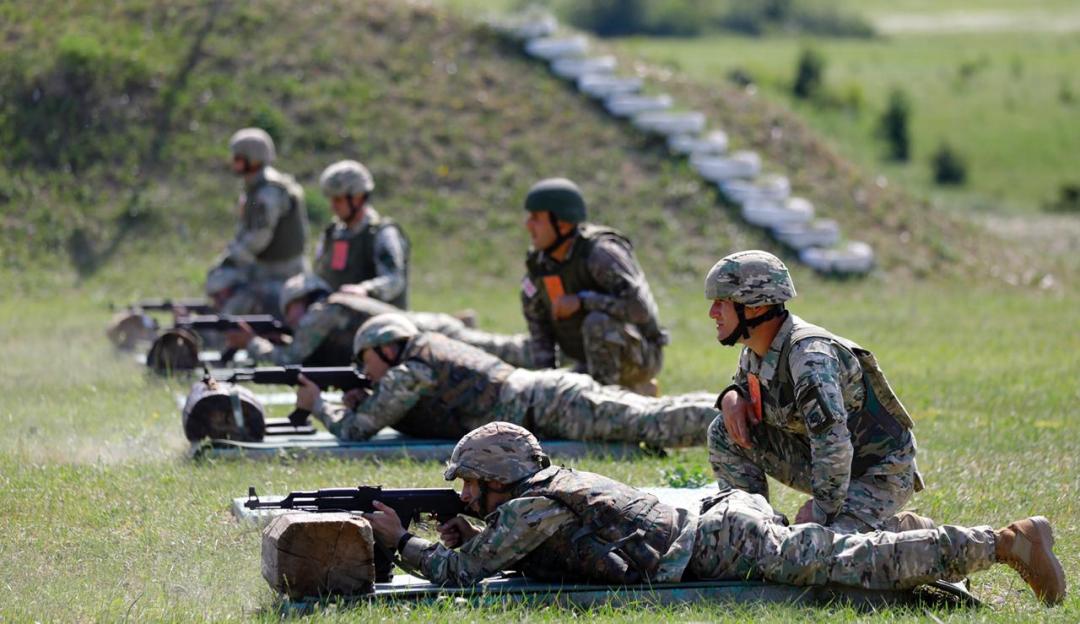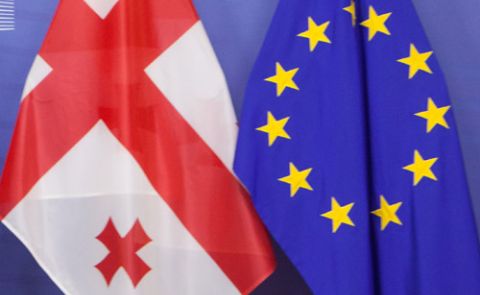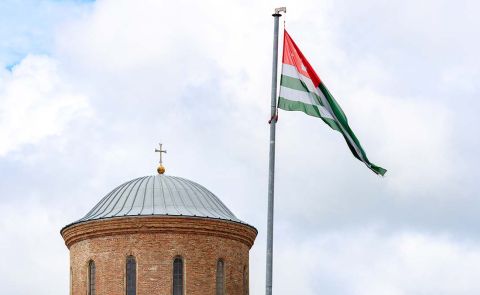
Georgia to modernize military equipment to NATO standards

On 12 June, Georgia’s Defence Minister Irakli Garibashvili stated that the country’s Defence Forces units will replace their aging hardware and arms for modern, NATO-standard models in an overhaul this year, reported agenda.ge.
He said that there was a need to update decades-old hardware, which was demonstrated during their recent efforts in battling the Covid-19 pandemic in Georgia. “Our army is having to use [...] 20 to 30-year old vehicles for transportation, which [...] is behind standards. Our plan is to purchase 480 special vehicles this year,” he told parliament.
Also, within these plans the Georgian MoD would work to fully equip all regular units with M4 rifles - a modern, American-designed weapon used by GDF partner units in the United States Army and Marine Corps. Garibashvili said that alongside M4s the units would be completely equipped with “modern NATO-standard weaponry” in other areas.
A restoration of air force assets to operational status is also in the works, with a collaboration between Tbilaviamsheni and Delta companies resulting in rehabilitation and modernization of assets such as Su-25 ground attack aircraft and military helicopters.
On 1 May, the NATO Foreign Ministers decided to provide a new aid package for Georgia. According to the Special Representative of the Secretary-General of NATO for the Caucasus and Central Asia James Appathurai there are two reasons for the political decision to transfer the new support package. The first reason being that it is one of the best ways to increase bilateral relations between NATO and Georgia, something that both sides would like to see. The second motive is the deteriorated security situation in the Black Sea region, which is caused by Russia’s actions in Georgia, Ukraine and the Crimean Peninsula and has worsened for NATO members as well.
Appathurai also announced future steps, which will mean more involvement in ‘hybrid defence’ activities for Georgia and strengthened cooperation, which concerns cyber-attacks or misinformation, energy blockade, disguised intelligence or military activity. Another step will be involving Georgia in an ‘airspace security program,’ which will give the country a better idea of what is happening in its airspace. Another component of the new package is the greater involvement of Georgians and Ukrainians in joint NATO exercises.
As for the pandemic, Appathurai mentioned the steps the alliance has already taken and is still taking, such as the transportation of medical supplies by NATO and NATO’s assistance in arranging field hospitals. Apparthurai also talked about the Euro-Atlantic Emergency Response Coordination Center which operates 24 hours throughout the Euro-Atlantic area and is designed not only for NATO members but also for partners, coordinating the requirements of the allies and partners who seek and offer support.
See Also


BP Strengthens Presence in Azerbaijan’s Offshore Energy Sector

Netanyahu’s Letter to Aliyev: Mutual Trust, Solidarity Following Hamas Attacks, Facilitating Dialogue Between Israel and Türkiye

Azerbaijan Expands JF-17 Thunder Fighter Jet Order from 16 to 40 Units

EU Commissioner and NATO PA Warn Georgia Over Democratic Decline Amid Accession Challenges

